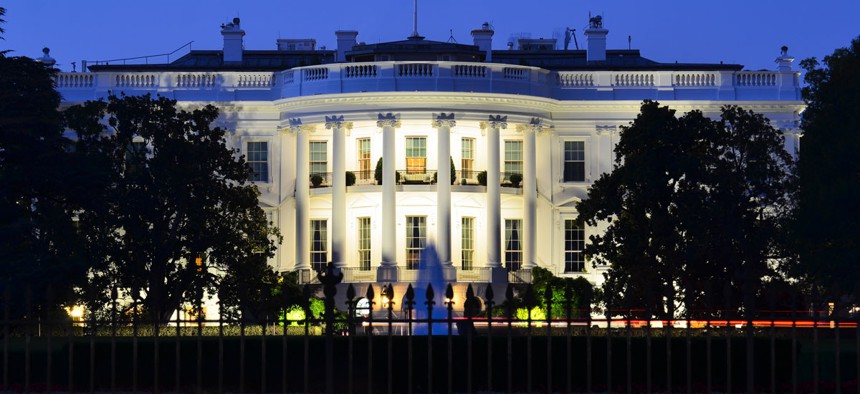OMB Blueprint for IT Reform Coming Soon

Orhan Cam/Shutterstock.com
Agencies still need to get to work determining how to meet FITARA because a postponement in OMB guidance won’t be an excuse when Congress comes calling.
The Federal IT Acquisition Reform Act holds great promise to improve the way government manages its IT projects and budgets, but agencies may have to wait until later this year for promised guidance from the Office of Management and Budget.
OMB had been expected to issue guidelines sometime this spring.
Federal Chief Information Officer Tony Scott is still mum about a specific release date. But speaking at an AFFIRM event April 14 in Washington, D.C., Scott said he expects to sign off on the guidance “closer to mid-May than the end of the year."
When the guidance is released, Scott said it would be accompanied by a “cover memo” explaining FITARA from a bigger perspective “for all CXOs.”
“I think you can’t talk about FITARA in just its own little world,” Scott said. “We have to think about it in a broader context. There are lots of security challenges, cost-reduction efforts and a bunch of things on the CIO and CXO agenda that aren’t necessarily covered in FITARA.”
The guidance itself will flesh out FITARA, but ultimately, each agency must implement FITARA within their own governance structure, according to Margie Graves, deputy CIO for the Department of Homeland Security. That means agencies will have leeway in exactly how they codify FITARA into their respective missions.
“Each agency will have an implementation plan depending on how their governance structure operates today,” Graves said.
The governance structure of each agency “will position the CIO most effectively to implement” FITARA’s language, Graves said.
“[FITARA] is our ticket to the dance,” Graves said. “Now, we have to make sure the dance gets done.”
Regardless of potential delays in OMB's guidance, agencies shouldn’t wait to start implementing the law, according to Ben Rhodeside, senior policy adviser for Rep. Gerry Connolly, D-Va., who co-authored the legislation.
“From the agency level, implementation is not contingent upon OMB guidance,” Rhodeside said. “This is the law; it was signed into effect. The OMB guidance is to harmonize at a governmentwide level.”
In other words, agencies need to get to work determining how to meet FITARA because a delay in OMB guidance won’t be an excuse when Congress comes calling.
“From Mr. Connolly’s perspective, he’s keenly aware that oversight, follow-up, hearings, letters – all the tools” will be at Congress’ disposal in ensuring FITARA is carried out, Rhodeside said.
(Image via Orhan Cam/ Shutterstock.com)






